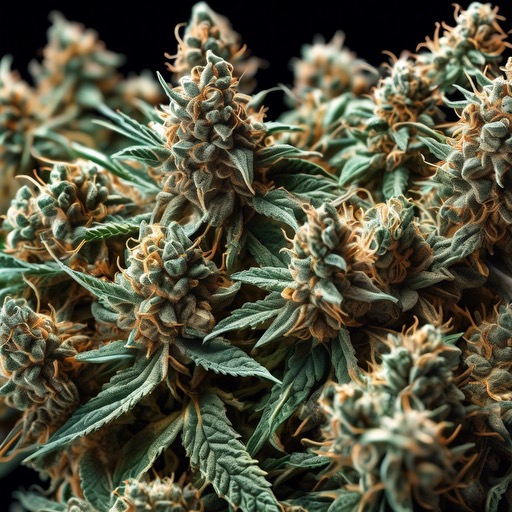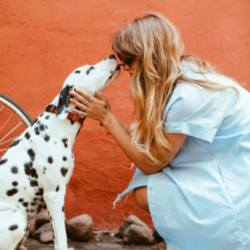
Pet stores are places of joy for animal lovers. From the playful puppies to the majestic birds, these establishments cater to our furry, feathery, and scaly friends. However, despite the serene atmosphere, there are some behaviors that are not only irresponsible but potentially dangerous. One such behavior is smoking THC vape in a pet store. In this article, we’ll explore three compelling reasons why lighting up a THC vape in such a location is not only ill-advised but also harmful.
Health Risks to Animals
Pets, especially smaller ones like birds, rodents, and reptiles, are incredibly sensitive to airborne toxins. THC vape smoke contains numerous harmful chemicals, including carcinogens and irritants, that can have adverse effects on their delicate respiratory systems. Birds, in particular, have air sacs that allow for rapid gas exchange, making them highly susceptible to respiratory distress when exposed to smoke.
Even larger animals like dogs and cats can suffer from secondhand smoke inhalation. According to the American Veterinary Medical Association (AVMA), secondhand smoke can contribute to respiratory problems, allergies, and even cancer in pets. Moreover, accidental ingestion of THC-infused products by curious animals can lead to toxicity and potentially fatal consequences.
In a pet store environment where animals are confined to cages or tanks, the concentration of smoke can quickly become hazardous. Just a few puffs of a THC vape could put the health and well-being of numerous animals at risk.
Safety Concerns for Customers and Staff
Aside from the health risks to animals, smoking THC vape in a pet store poses safety concerns for both customers and staff. Pet stores often have a variety of flammable materials such as bedding, dry food, and cleaning supplies, which could easily ignite if exposed to an open flame or hot vape pen.
Moreover, the act of smoking in enclosed spaces increases the risk of fire hazards and accidents. With aisles lined with merchandise and narrow pathways for customers to navigate, any distraction or careless behavior could result in injury or property damage.
Additionally, the presence of combustible materials combined with the psychoactive effects of THC can impair judgment and coordination, further elevating the likelihood of accidents. A momentary lapse in attention while under the influence could have devastating consequences for both humans and animals in the vicinity.
Legal and Ethical Implications
From a legal and ethical standpoint, smoking THC vape in a pet store is unequivocally unacceptable. Most pet stores have clear policies prohibiting smoking on the premises to ensure the safety and comfort of both animals and patrons. Ignoring these rules not only demonstrates a lack of respect for the establishment but also disregards the well-being of those who frequent it.
Furthermore, in many jurisdictions, the use of marijuana products, including THC vape, is regulated by law. Smoking in prohibited areas can result in fines, legal repercussions, and even criminal charges depending on the severity of the offense and local statutes.
Moreover, the ethical implications of exposing vulnerable animals to potentially harmful substances cannot be overstated. As guardians of our animal companions, it is our responsibility to prioritize their welfare and ensure they are not subjected to unnecessary risks or harm.
Conclusion
In conclusion, smoking THC Lean vape in a pet store is a reckless and irresponsible act that can have dire consequences for animals, customers, and staff alike. Not only does it pose significant health risks to pets, but it also compromises safety and violates both legal and ethical standards.
As conscientious individuals, it is imperative that we respect the rules and regulations set forth by pet stores and refrain from engaging in behavior that could jeopardize the well-being of those around us. Instead, let us cherish these sanctuaries of animal happiness and promote a culture of compassion and responsibility towards all living beings. By doing so, we can ensure that pet stores remain havens of joy and safety for generations to come.

